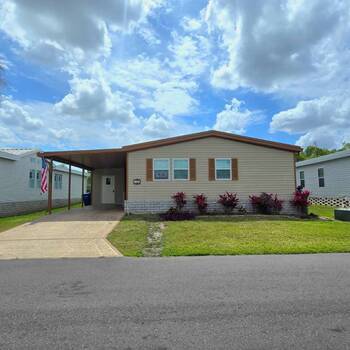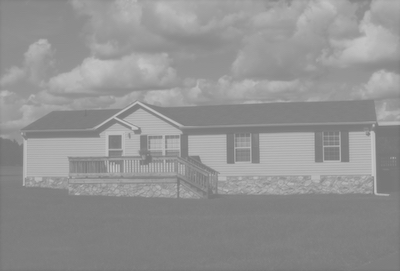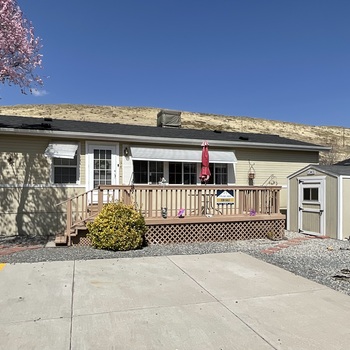Mobile Home Parks and RV Communities: Key Differences to Consider
Article Featured
When choosing between mobile home parks and RV park communities, it’s important to understand the key differences, including costs, amenities, and suitability for long-term living. While both options offer affordable housing alternatives, they cater to different lifestyles and needs. In this guide, we’ll explore the distinctions to help you determine which option is best for you.
What Are Mobile Home Parks?
A mobile home park is a community where residents own or rent manufactured homes and lease the land on which the home is placed. These parks often offer a stable, long-term living environment with various amenities.
Benefits of Mobile Home Parks:
- Affordability: Mobile home parks provide cost-effective housing with lower rent than traditional real estate.
- Stability: Unlike RV parks, mobile homes remain in place permanently, offering a more traditional neighborhood feel.
- Amenities: Many parks include clubhouses, pools, and recreational areas.
- Long-Term Investment: Mobile homes appreciate differently than traditional homes, but they still offer value for long-term residents.
Costs of Living in a Mobile Home Park:
- Lot Rent: Residents typically pay monthly lot rent, which varies by location and amenities.
- Utilities: Some parks include utilities in the lot rent, while others charge separately.
- Maintenance Fees: Depending on the park, there may be additional fees for upkeep and community services.
What Are RV Communities?
An RV community or park is designed for recreational vehicles (RVs) and motorhomes. These parks accommodate short-term and long-term stays, but they are primarily geared toward travelers and seasonal residents.
Benefits of RV Communities:
- Flexibility: RV parks allow residents to move their home to different locations whenever they choose.
- Lower Initial Costs: Buying an RV is often cheaper than purchasing a mobile home.
- Short-Term Stays: Many RV parks offer daily, weekly, and monthly rental options.
- Community Atmosphere: RV parks often have communal areas and events for travelers.
Costs of Living in an RV Park:
- Site Rental Fees: RV parks charge daily, weekly, or monthly fees for staying on the property.
- Hookup Fees: Many RV parks charge for electricity, water, and sewer hookups.
- Maintenance & Storage: Residents must maintain their RV and may need to pay for storage during the off-season.
Mobile Home Parks vs. RV Parks: Which Is Better for Long-Term Living?
If you’re looking for long-term housing, mobile home parks are the better option. They offer more stability, larger living spaces, and better community integration. On the other hand, RV parks are ideal for those who prefer a nomadic lifestyle with the ability to move freely.
Factors to Consider When Choosing:
- Length of Stay: If you plan to settle down, a mobile home park is a better choice.
- Budget: RVs may have lower upfront costs but can be expensive in the long run due to site fees and maintenance.
- Amenities: Mobile home parks typically offer more extensive amenities tailored to permanent residents.
- Local Regulations: Some areas have zoning restrictions on long-term RV living.
Final Thoughts
Both mobile home parks and RV communities have their unique benefits. Your choice will depend on your lifestyle, budget, and long-term goals. Mobile home parks provide stability and affordability for those seeking a permanent residence, while RV parks offer flexibility and mobility for those who love to travel.
Whether you’re looking to buy, rent, or invest, understanding the differences between these two housing options will help you make an informed decision.



















